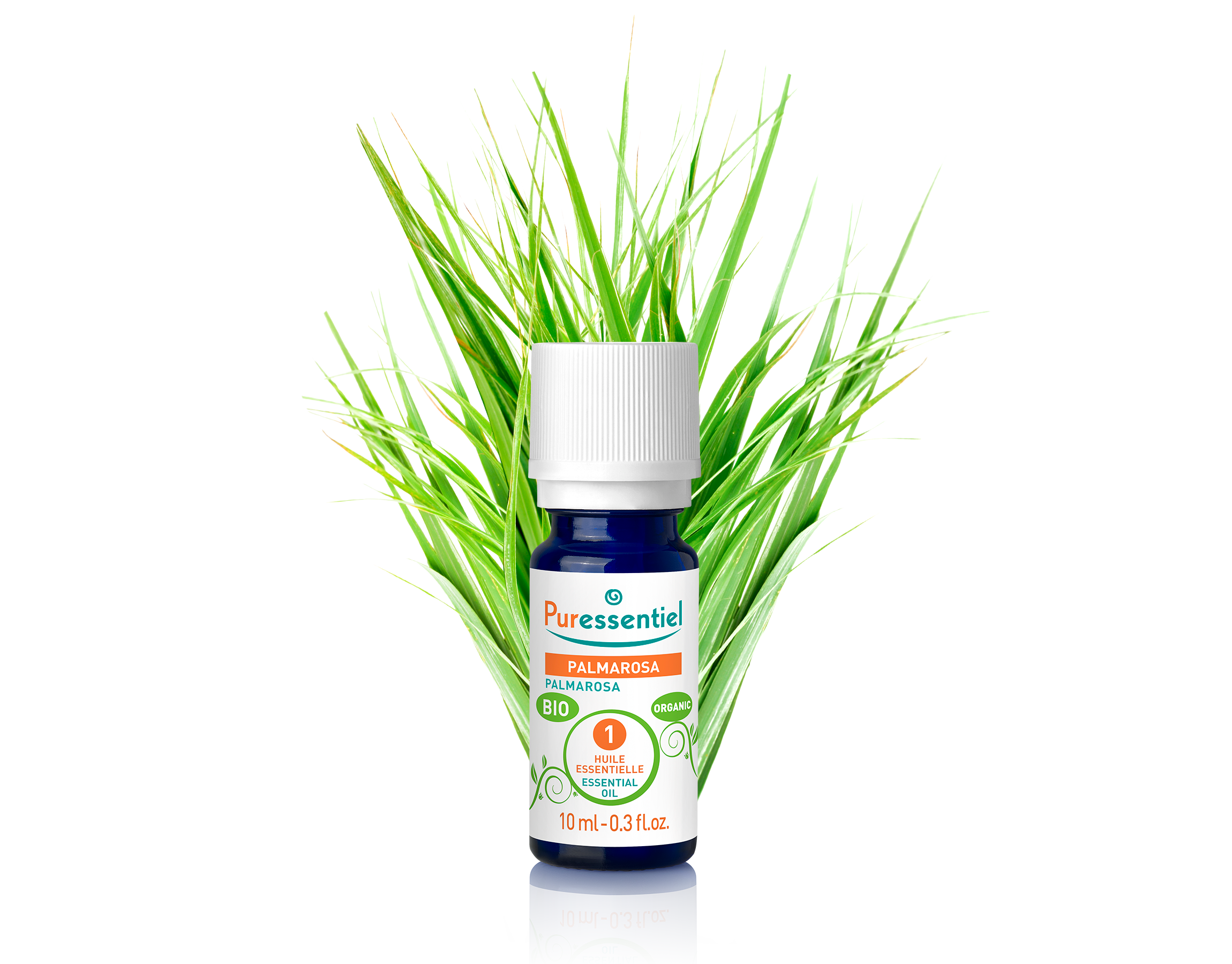
Description
Sweet and flowery, the smell of palmarosa essential oil is reminiscent of the scent of roses.
Native to India and Nepal, palmarosa is also planted in Pakistan, Indonesia, Brazil, Madagascar and the Comoros. It has been distilled in India and Turkey since the 18th century.
• 100% pure and natural: No solvents, no fillers, no synthetic fragrances
• 100% Organic: Produced by organic agriculture
• Aroma: Delicate floral fragrance EOBBD Essential Oil Essential Oil Botanically and Biochemically Defined







